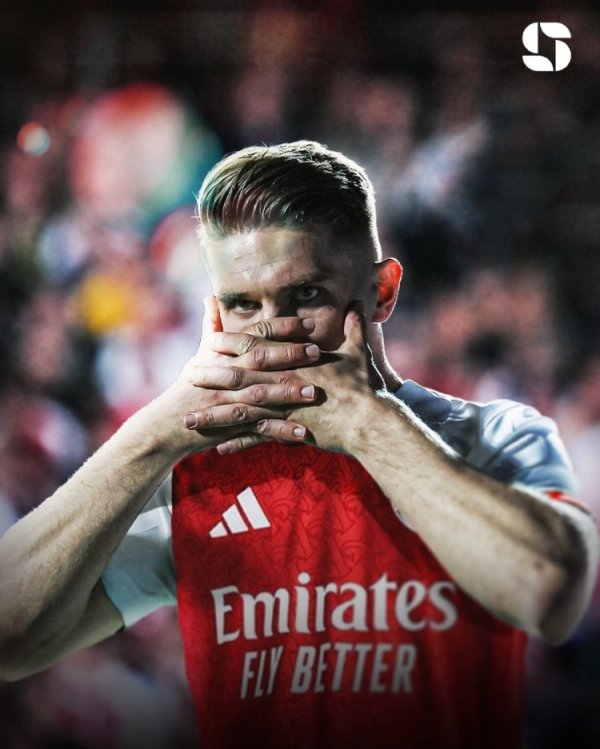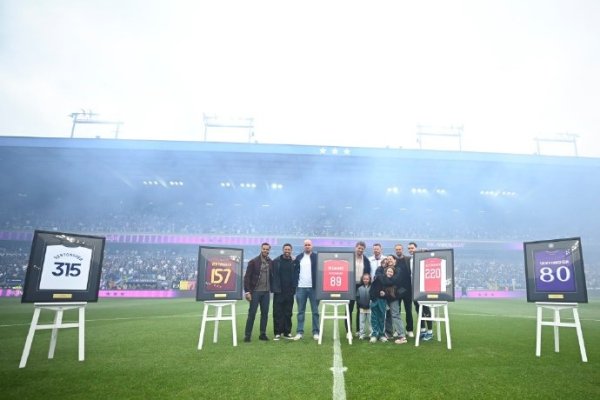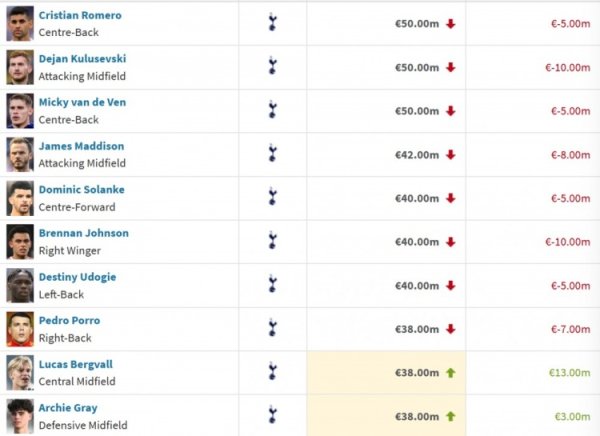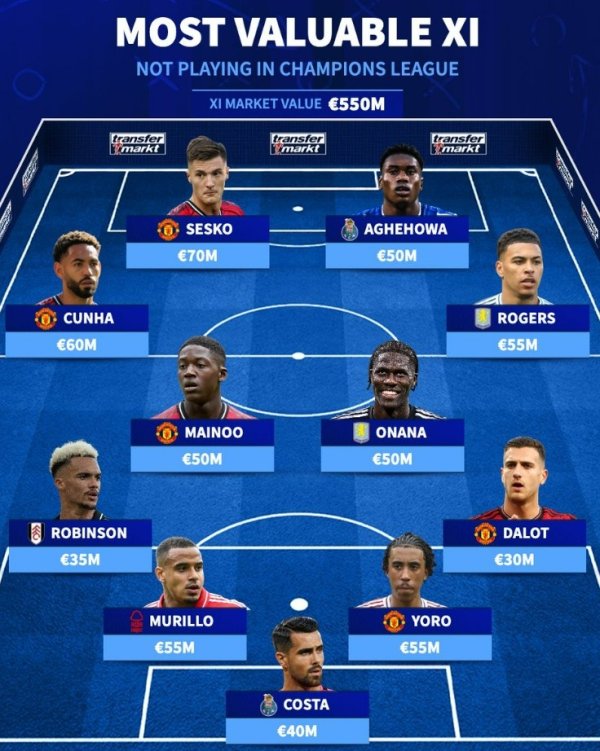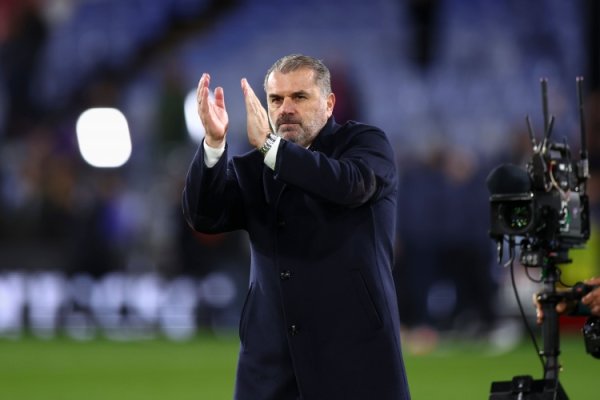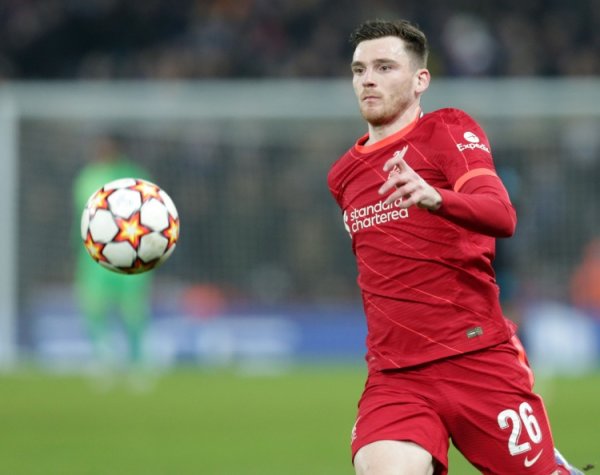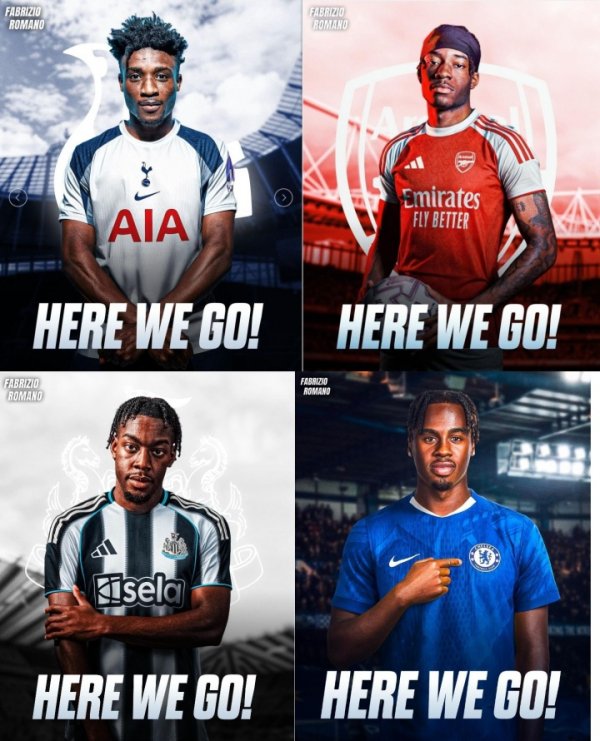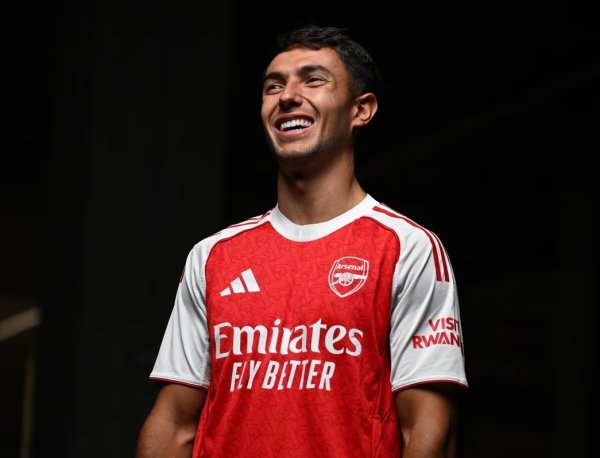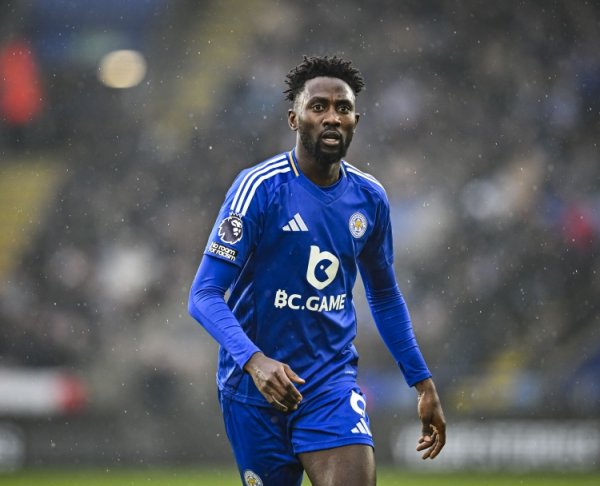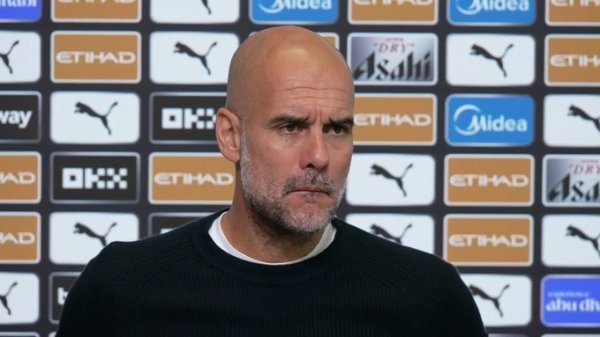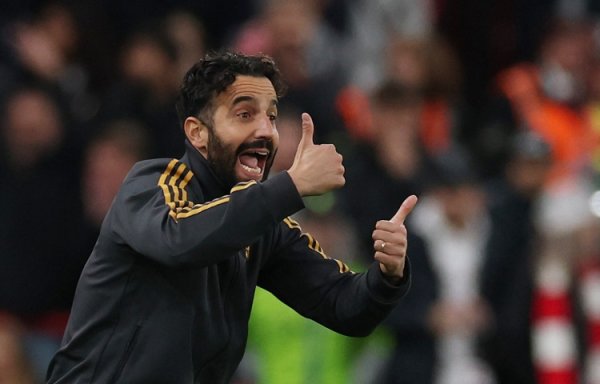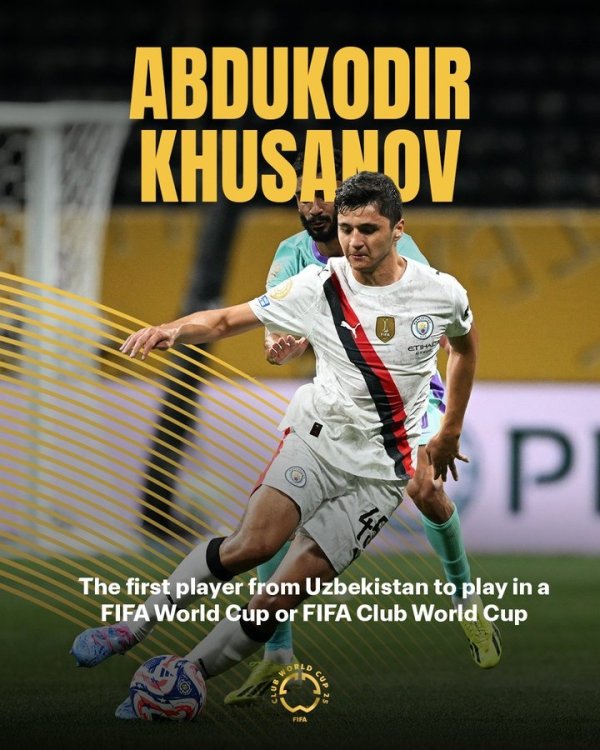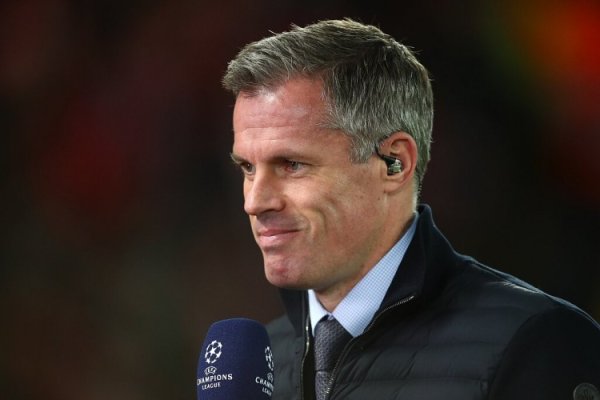To make a big deal⁉️Reporter: Isaac’s confidence is the FIFA termination rule, and his attitude is a sign.
You may have heard of Isaac's transfer storm. The Newcastle striker is currently taking a tough stance, likely to be trying to push the transfer. His club previously rejected Liverpool's 110 million pound offer. You may not be familiar with the results of the ruling in the Lhasana Diyala case and the recent revisions to Article 17 of the FIFA Player Identity and Transfer Regulations. But you should know these, because they actually have a significant impact on the Isaac incident and may determine his future.
It should be noted that I cannot confirm whether Isaac or his representatives are aware of Article 17 and the powers they are granted. But I guess they know because that explains why they have taken such a radical approach to pushing the team out.
This kind of situation is essentially a game. In Newcastle's favor, Isaac's contract is signed until 2028, which means that if you want to transfer, the club has the right to negotiate fees, which obviously 110 million pounds did not meet expectations. Once the transfer window is closed on September 1, Isaac will have little choice: either play for Newcastle or miss four months of games, which is never a good option for players, especially next summer the World Cup.
The factor that is beneficial to Isaac is that although the club can force him to train or even play, dissatisfied players will usually be less efficient. The lower the efficiency, the more his transfer value will fall. Of course, if Isaac's efficiency decreases, the salary he can ask for and the club level he can attract will also shrink. Therefore, this kind of bargaining chip is actually limited in effect.
The importance of Article 17 is highlighted at this time. The clause was born twenty years ago when FIFA was under pressure from the European Commission, who believed that the transfer system restricted players' right to switch jobs like ordinary people and established a mechanism to allow players to leave the team unilaterally. Players must meet certain conditions and pay certain compensation. The problem is that despite several well-known cases, due to the excessively strict conditions and uncertain compensation amounts, cases that successfully invoked Article 17 are rare.
The Diyala ruling last October forced FIFA to amend the rules urgently. Although FIFPro, the global player union, believes that the current terms are still too restrictive, it is obviously more inclined to protect players' rights than the old version.
The primary change is that several key obstacles have been cleared. Previously, FIFA could temporarily deduct player transfer certificates until the dispute was resolved, and now this move has been abolished. The club that signs a player citing Article 17 must prove that it has not conspired to breach the contract with the player, and this requirement is also repealed. The burden of proof is now transferred to the original club where the player has been lost.
The key is that Isaac is fully qualified to take advantage of the new regulations and is expected to become a free agent within 12 months, and the new club that signs him may only pay half of the £110 million offer rejected by Newcastle.
Article 17 can only be activated within 15 days of the last game of the season (up to early June 2026) and is only applicable to players who have played for the club for three years (two years for those over 28 years, and 25-year-old Isaac does not meet this condition). Once the terms are initiated, it is deemed to be a unilateral breach of contract, which means that he can sign any club immediately after the transfer window reopens on July 1.
Of course, Newcastle is entitled to compensation. FIFA rules stipulate that the amount of compensation will be calculated based on the principle of interests, based on the losses suffered by Newcastle, and the specific circumstances of the case will be comprehensively considered. In practice, this is equivalent to a trade-off by the FIFA Football Court Dispute Resolution Committee: Isaac's salary in the last two seasons (about £12.5 million), his surplus value on the club's books (about £20 million), and the replacement contract cost (unpredictable).
Although there is no fixed amount, a sports lawyer interviewed speculates that it will not exceed 50-60 million pounds. He explained that after the Diyala case verdict, FIFA did not want to be regarded as a punitive institution that restricts the right to free movement of players. Newcastle can of course appeal to the Sports Arbitration Court for higher compensation.
But in any case, they have a hard time getting close to the amount of Liverpool’s offer and there is a risk of getting lower compensation. FIFPro has filed a lawsuit, and the court is paying close attention to the matter, with the overall trend moving entirely towards a decrease rather than an increase in restrictions.
This conceivable also includes other possibilities, such as slow progress in compensation arbitration proceedings: the final ruling may take 18 months to 2 years, but under FIFA's revised rules, players can immediately play for the new club. For players of this level of Isaac, the plan to pay uncertain compensation after two years of visa-free is totally worth the risk.
There are also opinions that things will not be so simple. Sports lawyer Alex Clark pointed out that Premier League rules still apply and will make such unilateral contract termination extremely difficult. But this will only lead to more complex legal disputes - especially if Isaac switches to foreign leagues such as Spain or Germany. On the issue of international transfers, no one would be optimistic that the Premier League will win the legal dispute with FIFA.
In any case, the core is that the threat of Article 17 does exist in the Isaac case, and this threat itself is likely to be the confidence of the players and their agents to maintain a strong posture to this day.
From Newcastle's perspective, there are only two ways to eliminate Article 17 threats: transfer Isaac to Liverpool (or other club) within the next 12 days, or convince him to sign a new contract with terms of a reasonable understanding. The former is increasingly unlikely; the latter, given that the current relationship seems difficult to achieve, but this may be the only win-win situation for both parties.
Newcars can welcome their star center back and get a preset minimum transfer fee when players insist on leaving the team next summer. The amount may be lower than Liverpool's offer, but it must be higher than Article 17 compensation, and the key is to avoid uncertainty, and the club can obtain funds immediately. Isaac can really play in the game, get a small salary increase, and ensure that he can transfer at a more controlled fee in the future.


